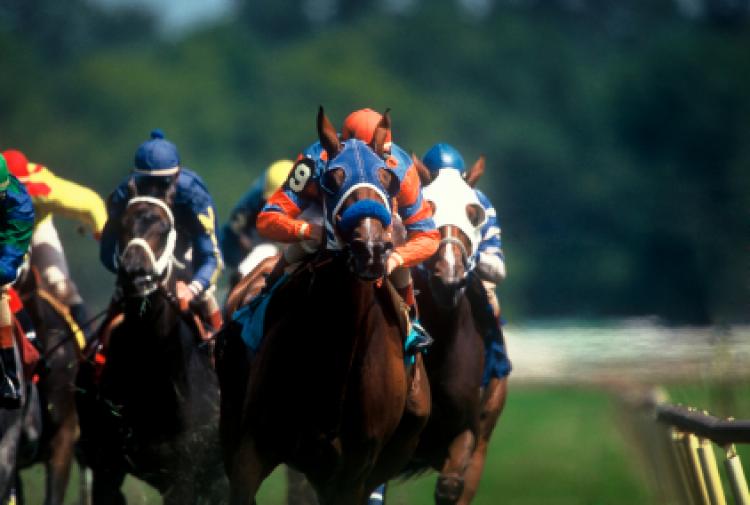History Of Horse Racing In Australia
Horse racing is also a popular sport in Canada, Great Britain, Ireland, the Middle East, South America and Australia. In the United States, the most popular races comprise of Thoroughbred horses racing over flat courses between 3/4 of a mile and 1 1/4 miles. History of Australian Horse Racing Horse racing in Australia dates back to 1788 when the first horses arrived in the country. From its arrival to around 1810, a substantial amount of time was spent, establishing the sport and the rules that would govern it within the country. The first formal race took place in the late 1810. Horse racing heritage was showcased when Randwick Stables opened its historical charm to the public recently, at Hamilton Hill. The significance of Randwick, WA's oldest stables - established in 1924 - along with horse racing in the Fremantle area, has its roots in WA's first horse race at South Beach, now known as Cockburn, in 1833.
- History Of Horse Racing In Australia Map
- History Of Horse Racing In Australia History
- History Of Australian Horse Racing Book
Horse racing is the second most widely attended U.S. Spectator sport, after baseball. In 1989, 56,194,565 people attended 8,004 days of racing, wagering $9.14 billion. Horse racing is also a major professional sport in Canada, Great Britain, Ireland, Western Europe, Australia, New Zealand, South Africa, and South America. Jumps racing is one of the many fates for 'failed' and 'retired' thoroughbred racing horses (particularly in Victoria and South Australia). Statistics over many years have shown that jumps races are even more dangerous and harmful for horses, with up to 20 times more fatalities than flat races.
SP BOOKMAKERS - until 1931, betting with a bookmaker on-course was the only legal form of gambling in Victoria. In that year, a small on-course tote was introduced to give punters an alternative. However with the advent of radio and the telephone, results of a race could be heard off-course and there were plenty of people who wanted to bet without going to the track. While many placed their bets on a daily or weekly basis, the Melbourne Cup was so widely known and loved by the Australian public that punters in every state wanted a piece of the action. This resulted in one of the most entertaining wrinkles in Australia’s history of larrikinism and general illegal activity – the SP Bookmaker.

Flourishing up until the early 1960’s, it was a complex business involving a Bookmaker to take the bets and pay the winners, Runners who would literally run all over the suburbs, taking bets from people at home, in the back lanes and in the local bars and Cockies (short for Cockatoos) who were posted at strategic points such as high spots and intersections to warn the Runners & Bookies of approaching Law Enforcement. However, a lot of blind eyes were turned with Bookies openly settling up with winners in public places at the end of the day - as seen personally by the writer as late as 1962 in the lounge of a traditional old Hotel in Rockhampton Qld.
As Governments often do when they see something lucrative going on that isn’t generating any taxes, there was a Royal Commission in 1959 which resulted in the arrival of the Victorian Government owned and operated off-course TAB (Totalisator Agency Board) in 1961. The concept was good in that finally some of the money wagered on racing was returned to the racing industry, and punters had a means of betting without risking getting on the wrong side of their local Bookie.
History Of Horse Racing In Australia Map
Over time, TAB shops turned up all over the country, firstly in the High St. and eventually in many Pubs and Clubs. Along the way the TAB in some states has been sold to private ownership, although their commitment to supporting the industry remains in place (subject to yearly ‘profits’).

History Of Horse Racing In Australia History
History Of Australian Horse Racing Book
With bookmakers in Australia unable to operate from off-course shops, the majority of bookmakers bets were taken on course until the mid 1990’s. Then, corporate bookmakers were able to offer a new alternative to punters with the Northern Territory government issuing licences enabling phone and online gambling for everyone. It is now legal for online bookmakers such as Sportsbet to take bets from customers in Australia and overseas on all Australian racing and sports events.